Shrove Tuesday is the day before Ash Wednesday which marks the start of Lent. Before Lenten fasting begins, pancakes are eaten on this day and other traditional activities occur around the world.
Ireland is no exception. Here let's explore the origins and history of Shrove Tuesday, plus some specifically Irish traditions associated with this day.
Believe me when I say some of these old customs are eye opening and even shocking. So do read on!

Table of Contents
- What Is Pancake Day?
- How Did Pancake Day Start?
- Shrove Tuesday Traditions in Ireland
- Shrovetide or The Period of Shrove
- Salting Tuesday
- Marriages on Shrove Tuesday
- Strawboys on Shrove Tuesday
- The Stócach
- Runaway Fair
- Skellig Lists During Shrove
- Going to the Skelligs on Shrove Tuesday Night
- Chalk Sunday
- Saying Goodbye To Old Traditions
What Is Pancake Day?
Pancake Tuesday and Shrove Tuesday are different names for the same day. Other names include Mardi Gras which means Fat Tuesday or Grease Tuesday in French.
Today Shrove Tuesday is primarily observed by the following Christian groups - Catholics, Episcopalians, Lutherans, and Methodists.
Each year the exact date for this celebration changes, because Shrove Tuesday is the day immediately preceding Ash Wednesday. Since the date Easter is celebrated changes each year, the date for eating pancakes also changes. It can fall anywhere between February 2nd and March 9th, depending on the liturgical calendar and date for Easter set each year.
The name Shrove Tuesday finds its origins in the word shrive. The word shrive is a verb and it is the act of presenting oneself to a priest for confession of sins, penance, and absolution.
In the Middle Ages Christians were called to confession by a bell to be "shriven." Overtime in England, this bell came to be known as the "Pancake Bell."
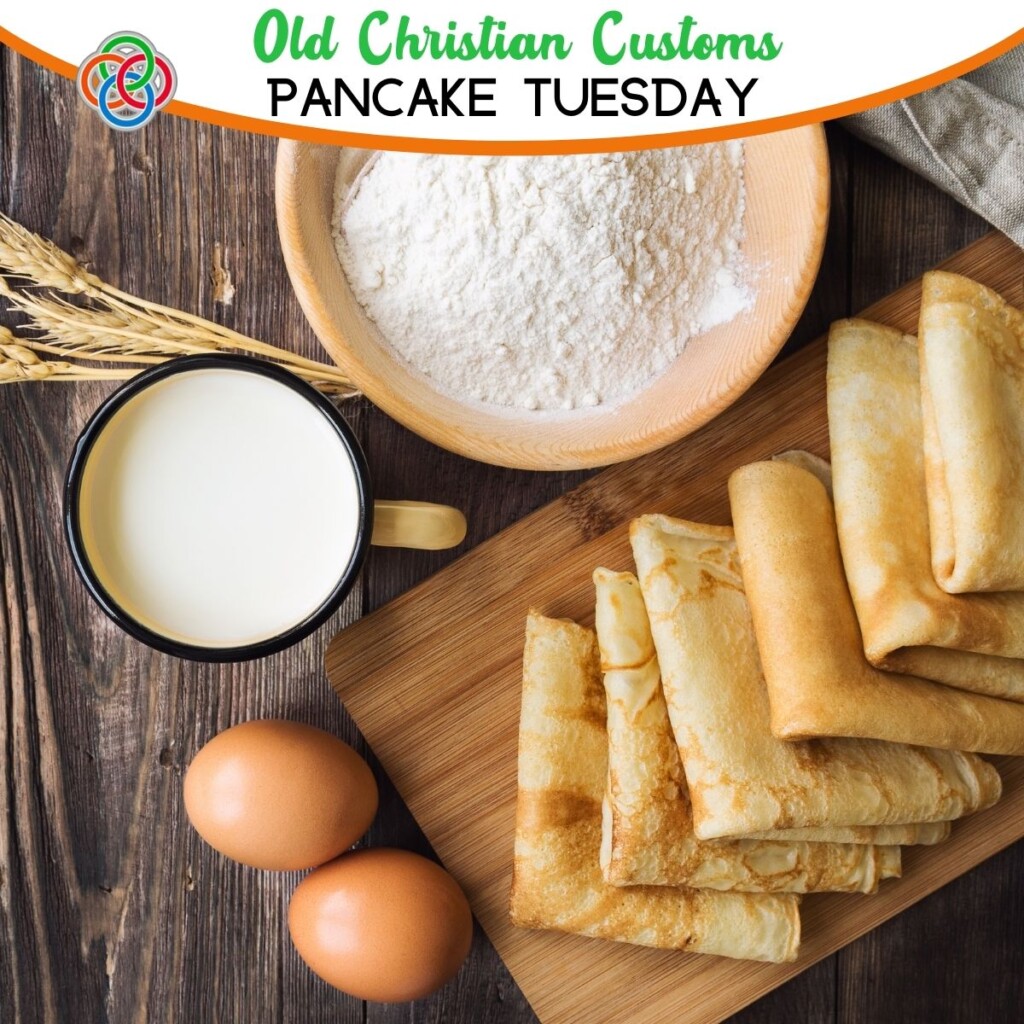
It was important to seek absolution before the beginning of Lent. Shrove Tuesday began as a day of introspection and thoughful contemplation before the fasting season, but over the years the people of Europe began to look on it as their last chance for a little bit of merriment before the austerity of Lenten fasting began.
Forty days of Lent was a long time to endure plainer food, with little enjoyment in life allowed.
With time this day became more of a celebration than a day of atonement. In cities like New Orleans it evolved into a carnival celebrated with parades and extreme festivities.
The day also became associated with many customs pertaining to food, and that's where pancakes come into the picture.
How Did Pancake Day Start?
In Ireland we refer to Pancake Day as Pancake Tuesday, since it always falls on a Tuesday no matter the changing date each year.
During the Lenten fast eggs, sugar, and fat were forbidden, so the motto "waste not, want not" took over. Pre-lenten cooking focused on using up these forbidden ingredients, and pancakes became the perfect food item for this purpose.
Even the poor could celebrate since all that was needed for thin pancake or crepe batter was flour, eggs, milk and salt. Butter and sugar were not even requried. Pancakes today are far sweeter than they were in the past.
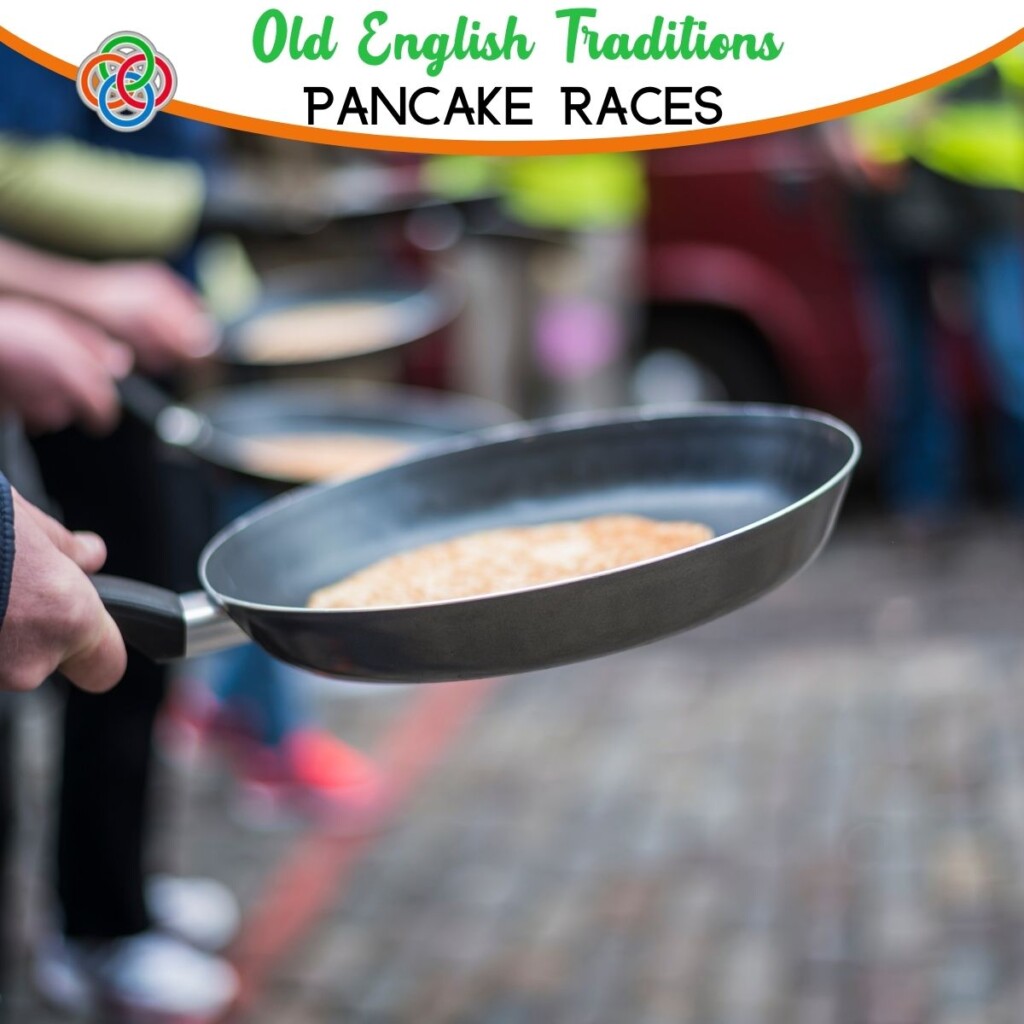
Pancake races are held in Britain. According to an old story, a woman of Olney in Buckinghamshire was making pancakes in 1445, when she heard the shriving bell. She was so afraid she would miss confession she ran to the church in her apron carrying her frying pan with the pancake still cooking in it. The tradition of pancake races was born in England.
Hot cross buns were also made on Shrove Tuesday in some parts of the British Isles. In Sweden, a traditional pastry was eaten called semla or fastlagsbulle. This is a sweet bun filled with almond paste and whipped cream. After the Reformation the Swedish people no longer observed a strict Lenten season, so these delicacies became available between Christmas and Easter.
Mardi Gras celebrations and carnivals are held in New Orleans in the USA, Rio de Janeiro in Brazil, Sydney in Australia, and in Venice in Italy. King Cake is the pre-lenten treat of choice in New Orleans.
In Poland Fat Thursday, the Thursday before Shrove Tuesday is celebrated. Some of the treats of choice for Fat Thursday are sweet pa̡czki, berliner (donuts filled with rose hip jam) and angel wings known as faworki (puff pastry fingers dusted with confectioner's sugar).
In Ireland the traditional pancake served is a rolled crepe with lemon juice and sugar inside.

Shrove Tuesday Traditions in Ireland
In modern Ireland Pancake Tuesday is very much a family day, when people make pancakes together and enjoy eating them with their favorite toppings.
However, in years gone by it was a far more community based event and was associated with marriages. In some parts of Ireland it was a hair raising day with some truly incredulous practices.
Here are some of the most interesting and somewhat crazy cutural traditions associated with this day in Ireland.
Most of these customs have died away, but have been recorded in the Irish Folklore Collection. By the end of this post, you'll probably agree with me, that the end of these traditions was actually a good thing.
Shrovetide or The Period of Shrove
In Ireland long ago the period of Shrove lasted from January 7th, after Women's Little Christmas, until Shrove Tuesday. How many weeks were in this period depended on the moving date of Shrove Tuesday.
Marriages were banned during the Lenten period, so anyone hoping to marry needed to find their partner and marry before the beginning of Lent.
During Shrovetide matches were made by parents, with the help of matchmakers. Many young couples did not even meet until the day of their wedding on Shrove Tuesday, but for some the match was planned for many years.
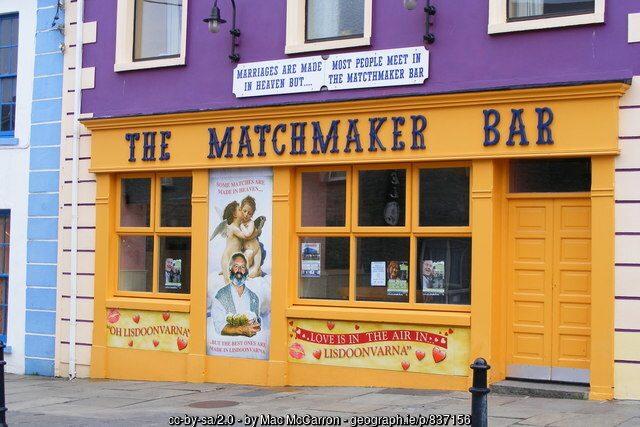
Matchmakers did more than just suggest who should get together. They were local genealogists and usualy knew who might be related to who and could trace local families for generations past.
Courtships were short affairs back in the day. Marriage proposals were usually business transactions between families, accompanied by payment of a dowry by the woman's family.
As a result the period of Shrove, from January onwards, was a busy time for matchmaking. "Spotting Tuesday" was a Tuesday during this period when young men would go to fairs and markets to "spot" a potential partner.
Salting Tuesday
The last Tuesday in Shrove (our modern Pancake Tuesday) was referred to as "Salting Tuesday" especially in the southern counties of Munster.
On Shrove Tuesday young men would go around with salt in their pockets. They would throw the salt on young, single girls for keeping them fresh until the next Shrove.
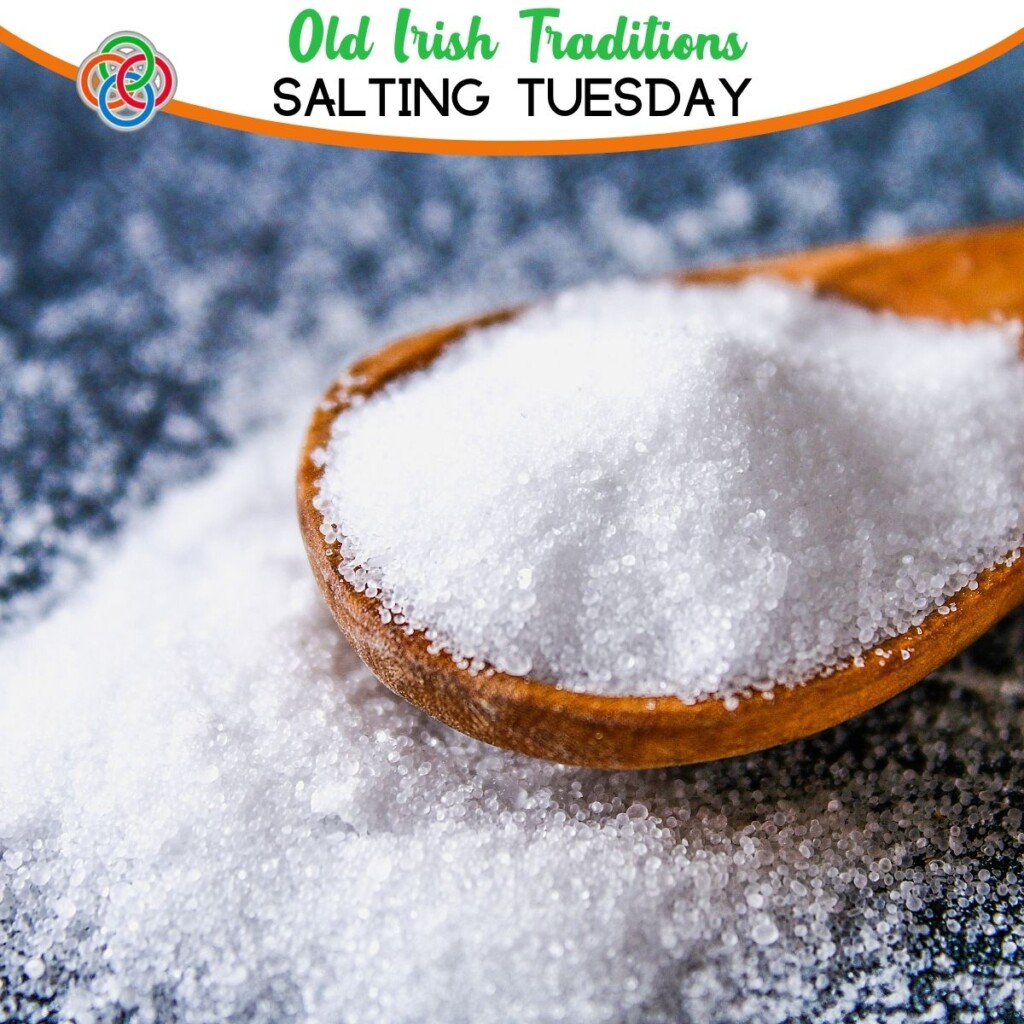
This was also a symbol of being "left on the shelf" for another year. These poor young girls were being pickled for preservation by potential suitors.
The expression "left on the shelf" may have origins in the old Irish tradition of 'Salting Tuesday."
Marriages on Shrove Tuesday
In the 19th century and before, Shrove Tuesday was the busiest day of the year for Irish marriages.
Shrove Tuesday was considered a very lucky day for getting married, and it was believed that a couple who married on this day would never see a poor day.
All marriages had to be finished before Ash Wednesday began. A great feast would be held where the neighbors celebrated the marriage.
The young couple was expected to leave the wedding feast by midnight to return to their new home together. The party goers continued their celebrations through the night.
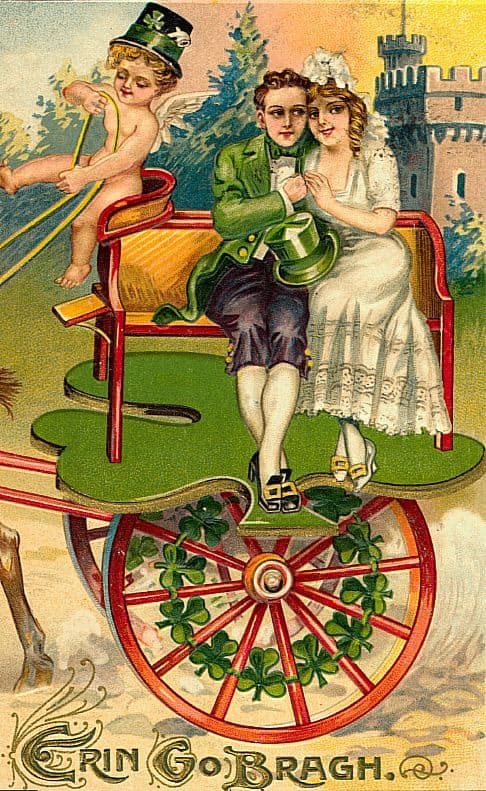
Strawboys on Shrove Tuesday
If there were weddings in a parish straw boys would attend, especially in counties Cork and Kerry. This was considered a very lucky visitation for the married couple.
These revellers dressed up in costumes of old clothes and straw, and wore a cone shaped straw hat over their heads, disguising their faces. They arrived at a wedding to dance with the bride and the women in the gathering.
They entertained the crowd with music and song, told stories and jokes. Couples longed for the strawboys to attend their celebrations since their presence was believed to be an omen of health and wealth for the future.

Strawboys in County Kerry - Image Credit
The Stócach
If there were no weddings to attend in a district on Shrove Tuesday, the strawboys still gathered.
They would make what was called a stócach (pronounced stow-cock). This is an Irish language word for a boy or follower.
The stócach was made with a straw body and a turnip or rutabaga as a head. It was dressed up in old clothes and attached to a stick or supported on the pier of a gate. The unlucky recepient of this strawman or woman was usually an unmarried person in the local district. This seems like a very cruel tradition from our modern viewpoint.
Runaway Fair
In years gone by, the town of Mallow in County Cork held a big fair or market on Shrove Tuesday. The nickname for the fair was the "runaway fair."
It got this name because some couples who had not planned a Shrove Tuesday wedding, would go to the fair and by the evening they would elope, and runaway to get married.
Skellig Lists During Shrove
In the counties of Cork and Kerry during Shrovetide a Skellig list was made in many parishes. This was the name for verses and poetry composed by locals, that focused on unmarried people of a district. This "song" would match the most unlikely of couples and often make fun of them.
The Skellig List could cause great trouble in a parish. It was also said that if you were named in the Skellig list and were not married by midnight you could be rounded up to go to the Skelligs to get married.
In some places young unmarried people were jovially tied up with rope together to mimic taking them to the Skellig. Old tins and cans were attached to the ropes to make noise as the group was dragged around.
On Shrove Tuesday in some parts of County Cork and Kerry it was seen as perfectly accpetaple to tie up unmarried girls with rope to "take them to the Skelligs."
This was done in jest, but you sure wouldn't need to have a complex about your single status. Is it any wonder so many young Irish women headed to America to work in domestic service?
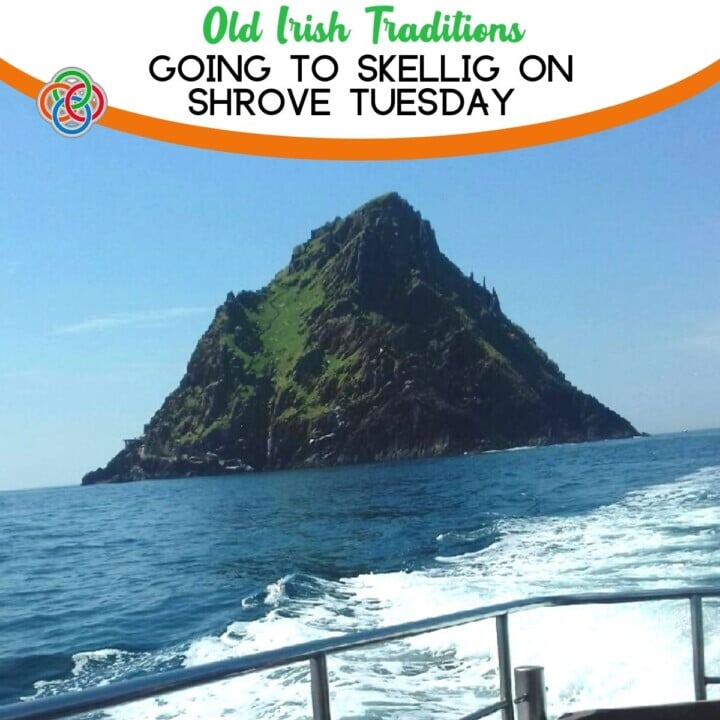
Going to the Skelligs on Shrove Tuesday Night
Now if young people failed to get married by midnight on Shrove Tuesday night, there was still a way around the rules of the Church.
The solution for those who still wished to get married was to go to Skellig, the monastic islands off the west coast of County Kerry.
For some reason, Easter and Lent always fell on a later date on the Skellig than on the mainland of Ireland. When there was a monastery there, the monks never switched to the Gregorian Calendar adopted by the Catholic Church all over the world in 1752.
As a result heading out to the Skellig Islands by boat afforded an opportunity for young couples to still get married on the Skellig Rock during the first weeks of Lent, since the rules against Lenten marriages did not apply.
In districts close to the Skelligs, party boats often departed for the islands on Shrove Tuesday night.
Chalk Sunday
The first Sunday of Lent, just after Shrove Tuesday was known as Chalk Sunday. Another cruel custom happened on this day.
Eligible young men and women who did not get married on Shrove Tuesday were marked with a chalk cross on their backs as they left Church after Mass.
I'd say tailors and dressmakers locked up their chalks before this date.
Saying Goodbye To Old Traditions
After taking a look back in time at the old ways and traditions associated with Shrove Tuesday, I think we can safely say it's a good thing that many of these customs have died out.
Who would want to have their sons or daughters roped up and taken out to the Skellig Islands for drinking and carousing?
Looking back from our current vantage point and modern outlook, some of these practices seem plainly cruel. Many may have been done in jest, but I'm sure many were hurt and scarred by the unbelievable pressure on them to get married.
We may have left these Shrove Tuesday traditions and not so kind practices behind, but I sure am glad we're still flipping pancakes on this day.
Happy Pancake Tuesday to all!

Slán agus beannacht,
(Goodbye and blessings)
Mairéad -Irish American Mom
Pronunciation - slawn ah-gus ban-ock-th
Mairéad - rhymes with parade





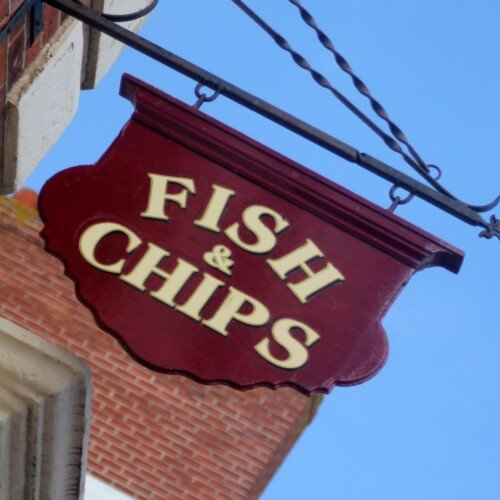
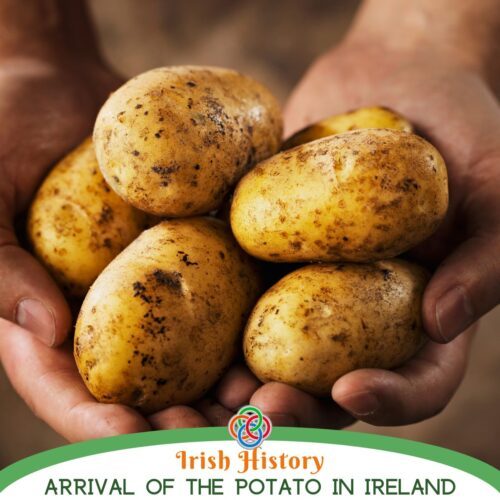







Leave a Reply